Adam Larter
Break the Chain: Decentralized solutions for today’s Web2.0 privacy problems
#1about 2 minutes
The developer's responsibility as a custodian of user data
Centralized Web2.0 architectures create data honeypots that lead to frequent and costly breaches, highlighting the developer's role in protecting user information.
#2about 3 minutes
Rethinking data ownership beyond centralized systems and blockchain
Users should own their data, and while blockchain is a decentralized technology, it is not suitable for storing private, personally identifiable information.
#3about 2 minutes
Understanding the financial and compliance risks of data breaches
Data breaches result in significant financial costs, reputational damage, and steep fines under regulations like GDPR.
#4about 1 minute
Shifting from centralized databases to personal data stores
The proposed architectural shift moves user data from a central server to a personal data store where applications "log into the user" with consent.
#5about 4 minutes
Introducing Decentralized Identifiers and Verifiable Credentials
Decentralized Identifiers (DIDs) provide a unique identity, while Verifiable Credentials (VCs) are cryptographically secure, tamper-evident claims about that identity.
#6about 2 minutes
How to present and query verifiable data securely
Verifiable Presentations (VPs) are used to share selected data from VCs, and Presentation Exchange (PEX) provides a standard query language for requesting it.
#7about 5 minutes
Bridging Web2.0 and Web3 with OpenID Connect standards
OpenID Connect extensions for Verifiable Credential Issuance and Verifiable Presentations allow existing identity protocols to work with decentralized data.
#8about 6 minutes
An overview of the Affinity decentralized identity platform
The Affinity platform provides tools like the Affinity Vault for personal data storage, Affinity Login for authentication, and Affinity Elements as a control plane.
#9about 3 minutes
Announcing the Affinity IOTA framework for developers
The IOTA framework is an end-to-end orchestration layer that simplifies decentralized data access by moving queries to the user's front-end data store.
#10about 1 minute
Implementing the IOTA framework with a simple SDK
Developers can integrate decentralized data requests into their applications with just a few lines of code using the Affinity SDK.
#11about 1 minute
Building an Internet of Trust with a new architecture
The Affinity Trust Network provides the tools to build applications where the user controls the consent boundary, with future plans for open-sourcing components.
Related jobs
Jobs that call for the skills explored in this talk.
Featured Partners
Related Videos
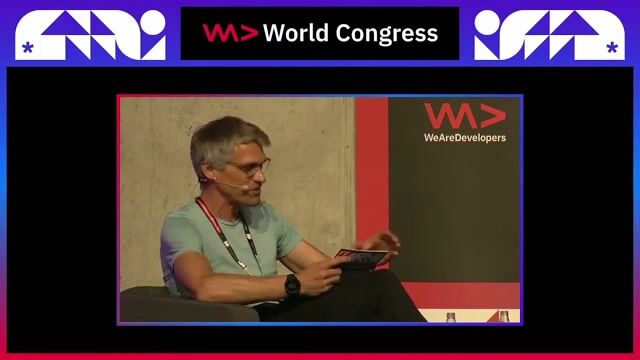 31:06
31:06Decoding Trends: Strategies for Success in the Evolving Digital Domain
Ash Ryan Arnwine, Ignacio Riesgo, Irina Gontcharova, Robert Thielicke
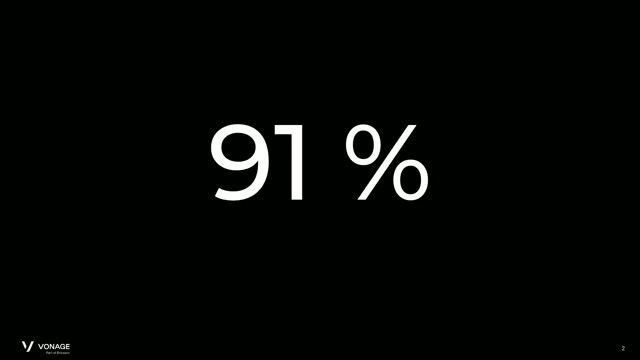 16:05
16:05No More Post-its: Boost your login security with APIs
Alvaro Navarro
 37:37
37:37Refactoring the Web
Angie Jones
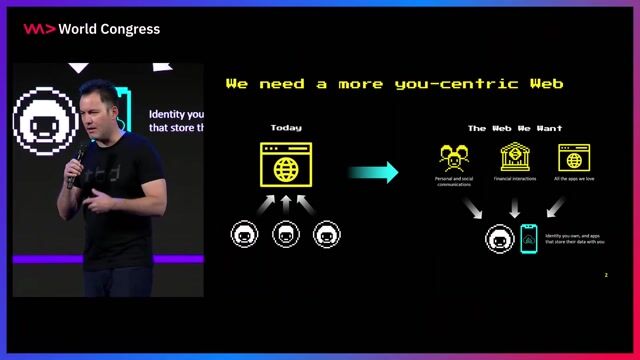 30:04
30:04Giving the individual control of their data: Open Source Decentralized Web Nodes
Angie Jones, Mike Brock, Daniel Buchner, Markus Sabadello, Nalin Mittal
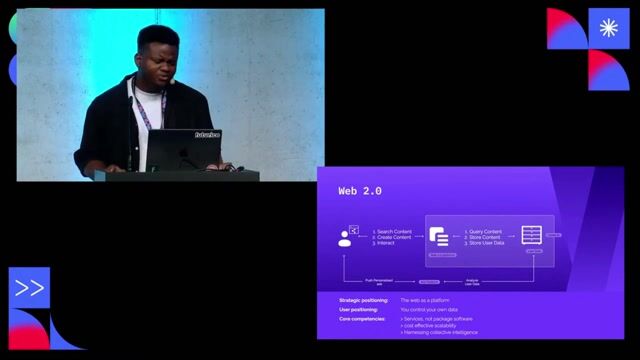 26:34
26:34Web3: Embracing the Next Era of the Internet Within a Web2 Landscape
Darrel Idiagbor
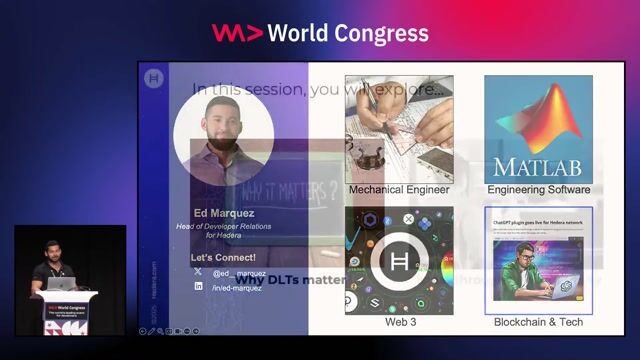 28:50
28:50Demystifying Crypto & Web3: A Technical Journey Through 15 Years of Innovation
Ed Marquez
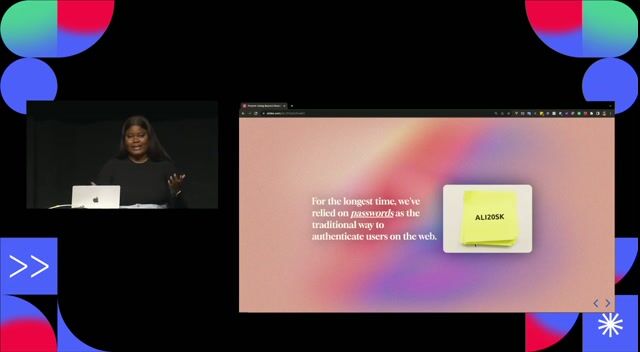 27:55
27:55Going Beyond Passwords: The Future of User Authentication
Gift Egwuenu
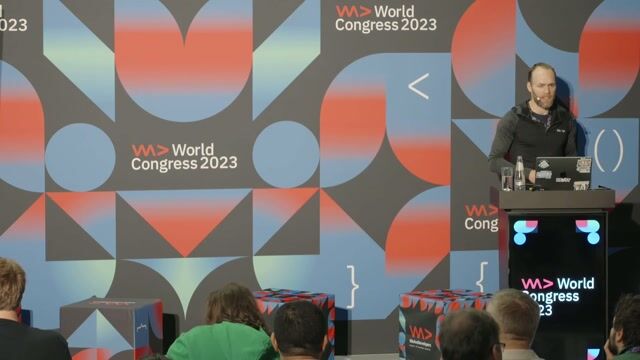 26:41
26:41Overcome your trust issues! In a world of fake data, Data Provenance FTW
Jon Geater
From learning to earning
Jobs that call for the skills explored in this talk.
System Engineer Blockchain - Self-Sovereign Identity (*)
Stolzberger GmbH
Berlin, Germany
Remote
Go
Java
Ethereum
JavaScript
+3
Linked Open Data Technical Architect - FTC
LA International Computer Consultants
York, United Kingdom
€46-48K
PHP
API
GIT
Java
+8





